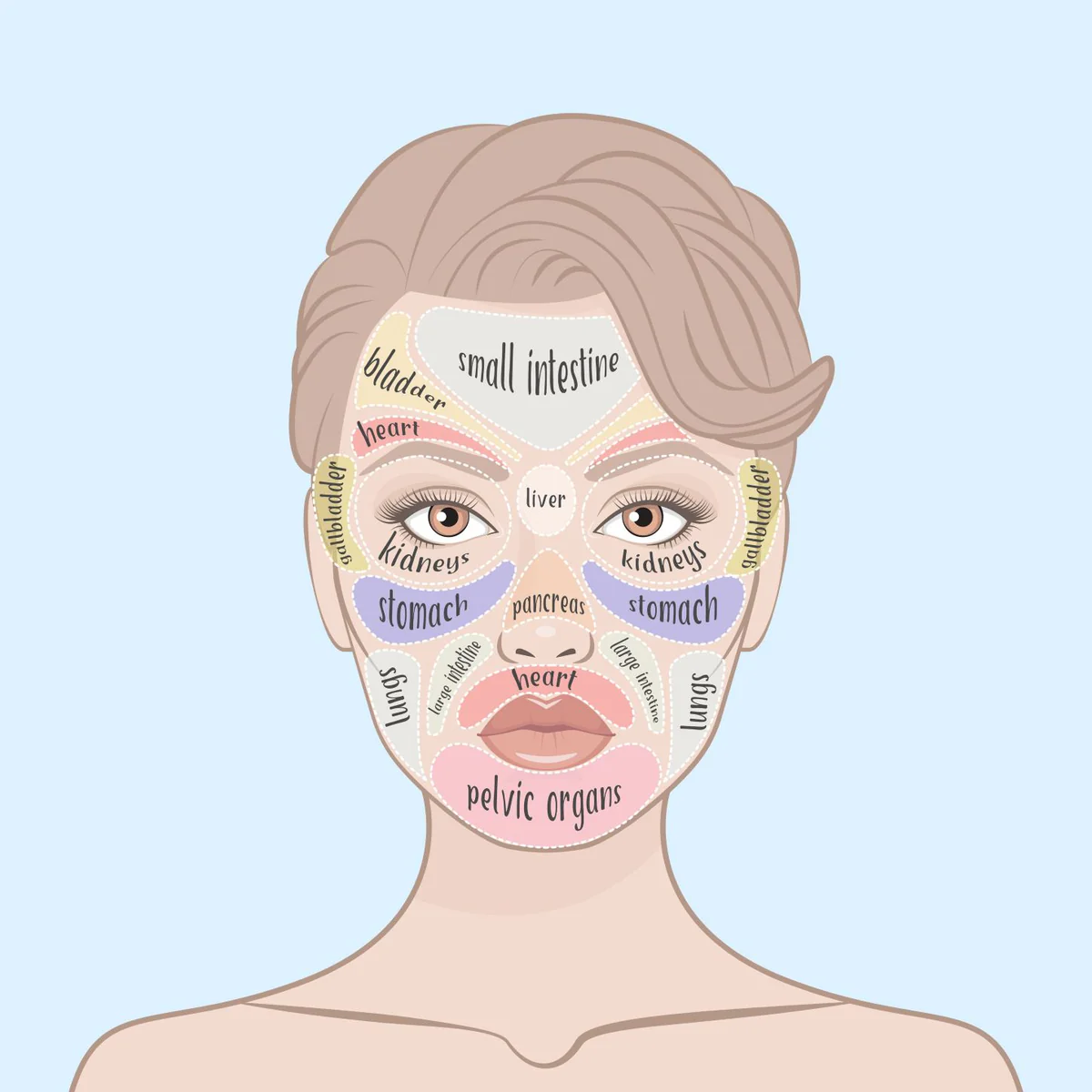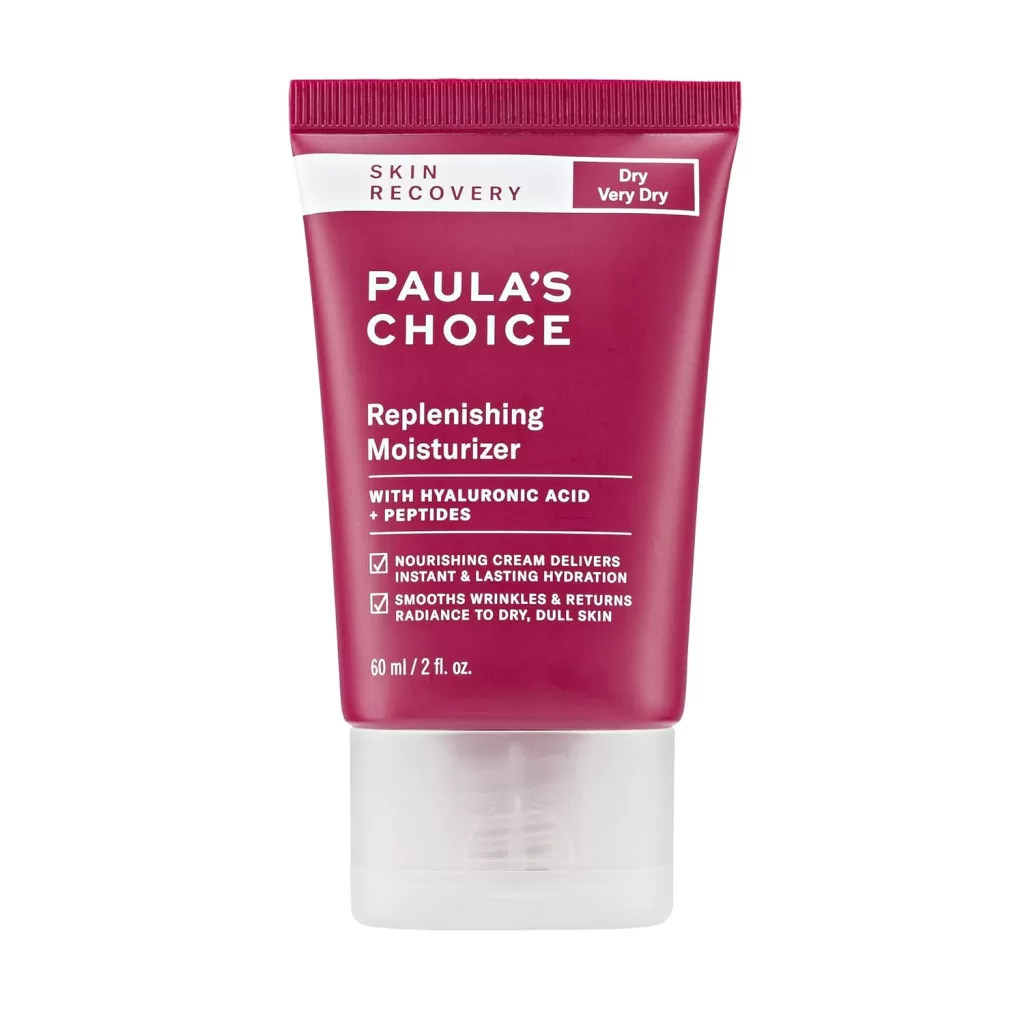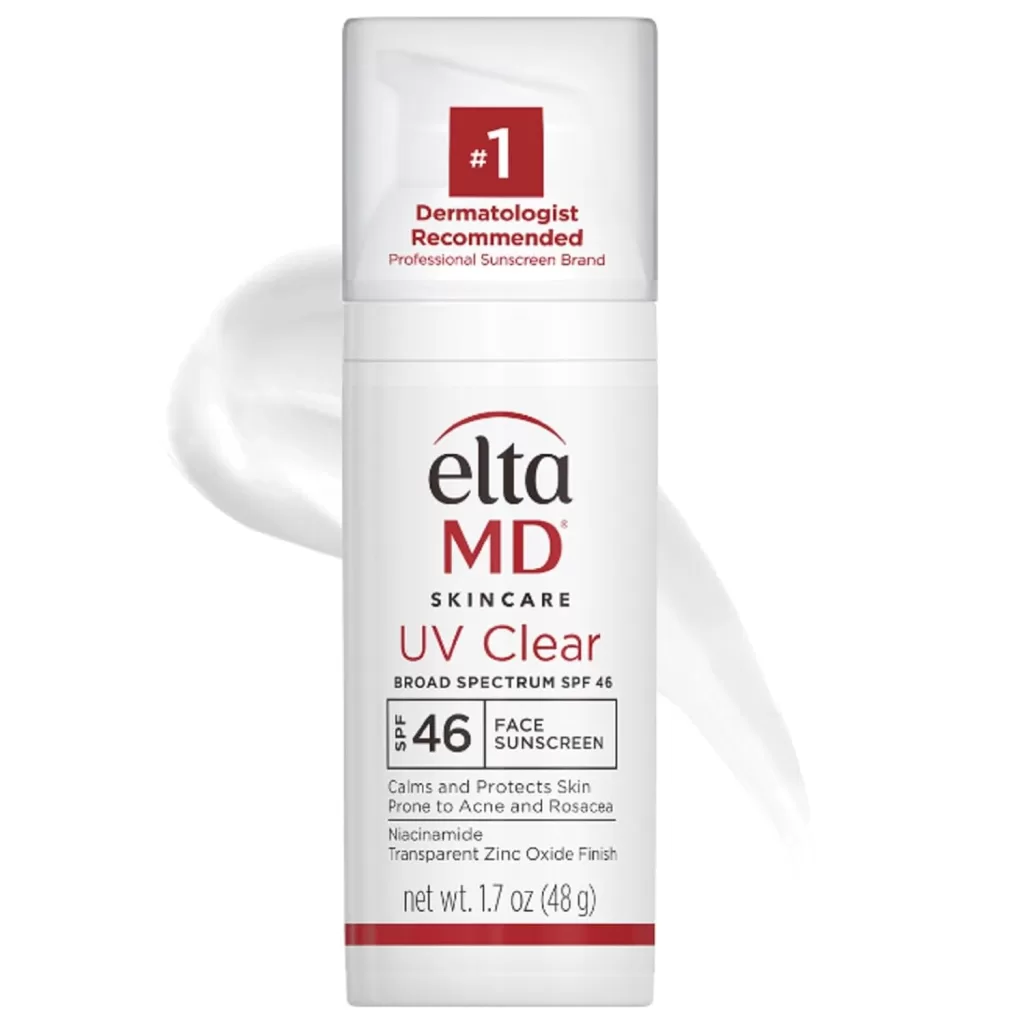Hormonal Acne: How Hormones Affect and Treat Acne
Hormonal acne is a common skin condition, particularly in teens, women, and individuals experiencing hormonal fluctuations. It occurs due to an imbalance in hormones that leads to increased oil production, clogged pores, and breakouts. In this article, we will explore the causes of hormonal acne and the most effective treatment options available today.
What Causes Hormonal Acne?
Hormonal Fluctuations and Acne
Acne is primarily triggered by changes in hormone levels, particularly androgens like testosterone. Androgens stimulate the sebaceous glands, increasing oil production in the skin. When too much oil mixes with dead skin cells and bacteria, pores become clogged, leading to acne.
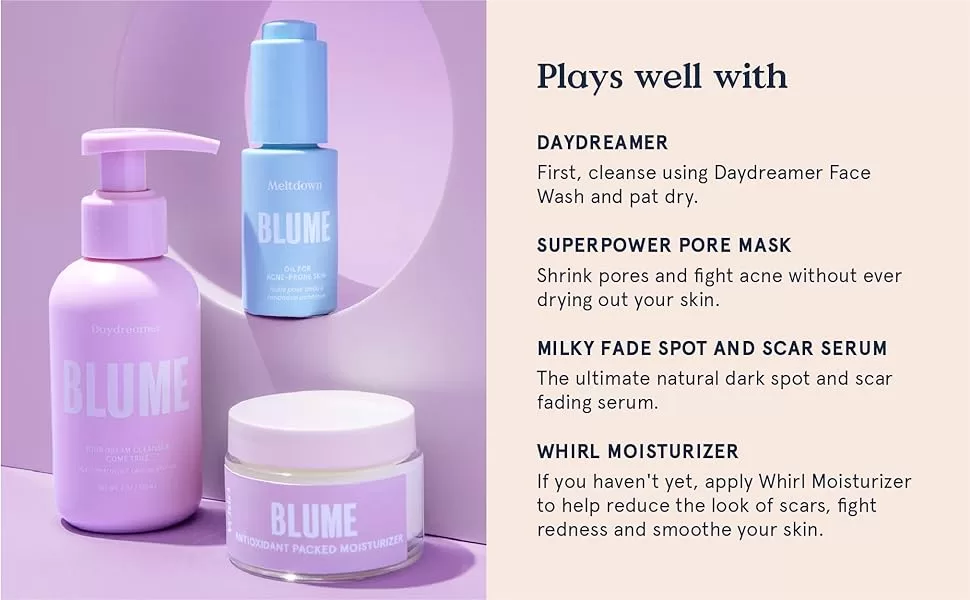
Life Stages That Trigger Hormonal Acne
- Puberty: Hormone-driven acne is most common during puberty due to the surge in androgen levels.
- Menstruation: Many women experience acne flare-ups before or during their period due to changes in estrogen and progesterone levels.
- Pregnancy: Hormonal shifts during pregnancy can lead to acne, especially during the first and second trimesters.
- Menopause: Declining estrogen levels in menopause may lead to increased androgen activity, causing acne.
Common Symptoms of Hormonal Acne
Location of Breakouts
Acne caused by hormonal fluctuations typically appears in areas like the lower face (chin and jawline), neck, and shoulders. These breakouts often manifest as deep, cystic bumps that can be painful and take longer to heal.
Severity and Persistence
Unlike regular acne, hormone-driven breakouts tend to be more persistent and resistant to over-the-counter treatments. They often require targeted therapies that address hormonal imbalances.
Treatment Options for Hormonal Acne
Over-the-Counter Skincare Products
For mild cases of hormonal skin issues, over-the-counter products can help manage breakouts. Look for cleansers and treatments containing ingredients like benzoyl peroxide, salicylic acid, and retinoids, which help to reduce inflammation and unclog pores.
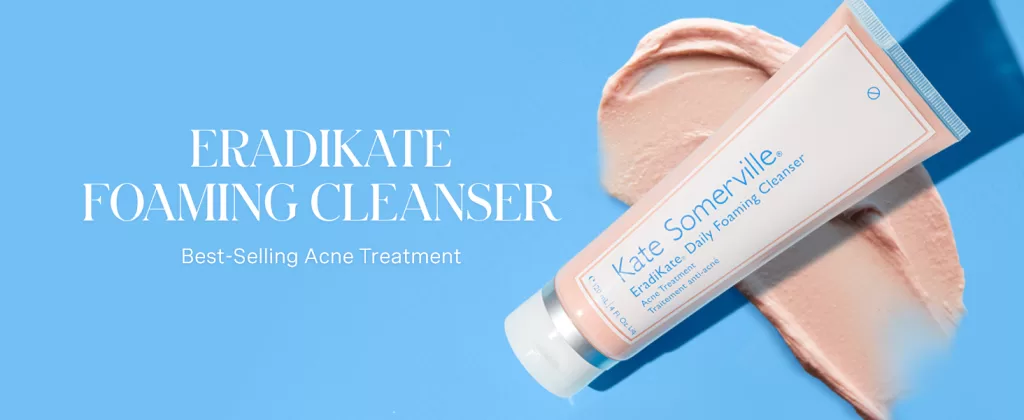
Prescription Medications
For more severe acne, dermatologists may prescribe medications such as:
- Oral Contraceptives: Birth control pills can regulate hormone levels in women, reducing acne flare-ups. Pills that contain both estrogen and progesterone are especially effective.
- Anti-Androgens (Spironolactone): This medication helps reduce androgen levels, which in turn decreases oil production and acne.
- Retinoids: Prescription retinoids, such as tretinoin, can speed up skin cell turnover, preventing clogged pores and reducing acne.
- Antibiotics: In some cases, antibiotics may be prescribed to target the bacteria contributing to acne, though they are usually a short-term solution.
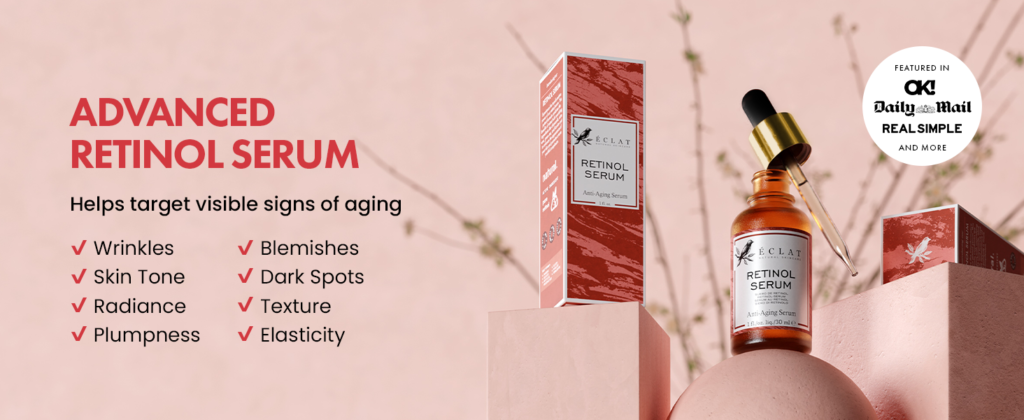
Natural Remedies for Hormonal Acne
Dietary Adjustments
Certain foods influence hormone levels and may reduce breakouts. A diet rich in anti-inflammatory foods like fruits, vegetables, and whole grains can help. Reducing dairy and high-glycemic foods, which may spike insulin levels, is also recommended.
Stress Management
Stress triggers hormonal imbalances, leading to skin flare-ups. Incorporating stress-relief techniques, such as meditation, yoga, and regular exercise, can help manage hormone-related skin issues.
Preventing Hormonal Acne
Consistent Skincare Routine
Maintaining a regular skincare routine is essential for preventing acne. Cleansing the skin twice a day, using non-comedogenic moisturizers, and applying sunscreen daily can help keep the skin healthy and less prone to breakouts.
Hormonal Treatments
For those with persistent skin issues, long-term management may involve hormonal treatments, such as oral contraceptives or hormone replacement therapy, which help regulate hormones and prevent future flare-ups.
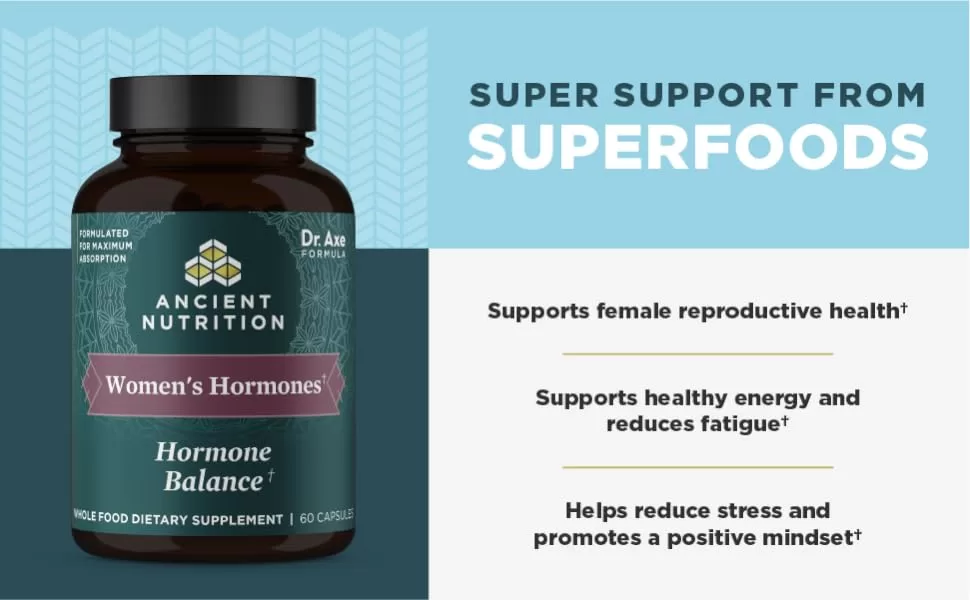
FAQ: Hormonal Acne
What is Hormonal Acne?
Hormonal acne is a type of acne that is caused by fluctuations in hormone levels. It is often characterized by deep, painful, and persistent breakouts, especially on the lower face, jawline, and neck.
What Causes Hormonal Acne?
Hormonal acne is primarily triggered by changes in androgen levels, a type of hormone. These changes can occur during puberty, menstruation, pregnancy, or menopause.
What are the Symptoms of Hormonal Acne?
- Deep, painful, and persistent breakouts
- Acne on the lower face, jawline, and neck
- Acne that is resistant to over-the-counter treatments
How Can I Treat Hormonal Acne?
Over-the-counter Treatments:
- Benzoyl peroxide: Kills bacteria and reduces inflammation
- Salicylic acid: Exfoliates skin and unclogs pores
- Retinoids: Reduces inflammation and speeds up cell turnover
Prescription Medications:
- Oral contraceptives: Regulate hormone levels
- Anti-androgens (Spironolactone): Reduce androgen levels
- Topical retinoids: Treat acne and prevent breakouts
- Antibiotics: Target bacteria that contribute to acne
Natural Remedies:
- Diet: A diet rich in fruits, vegetables, and whole grains can help. Reducing dairy and high-glycemic foods may also be beneficial.
- Stress management: Techniques like meditation, yoga, and exercise can help reduce stress and improve skin health.
How Can I Prevent Hormonal Acne?
- Consistent skincare routine: Cleanse your face twice a day, use a non-comedogenic moisturizer, and apply sunscreen daily.
- Avoid touching your face: This can transfer bacteria and worsen acne.
- Manage stress: Practice stress-relief techniques to help regulate hormone levels.
- Consult a dermatologist: A dermatologist can provide personalized advice and treatment options.
Remember: While over-the-counter treatments and natural remedies can help manage mild hormonal acne, severe cases may require prescription medication. It’s always best to consult with a dermatologist for a proper diagnosis and treatment plan.
Conclusion
Hormonal breakouts can be frustrating, but understanding the underlying imbalances that cause them can lead to effective treatments. Whether through prescription medications, lifestyle changes, or natural remedies, there are various ways to manage and prevent hormone-related skin issues. Consulting a dermatologist will help you find a personalized treatment plan that works best for your needs.
For more skincare advice and product recommendations, fitness, and more, check out our other articles. @whereandhowresources

